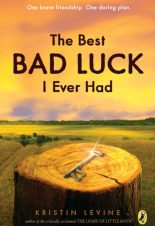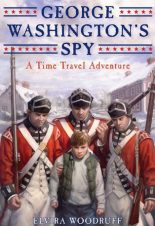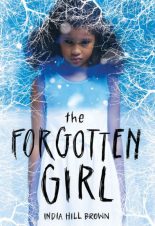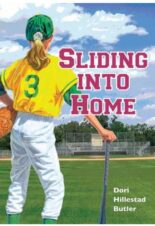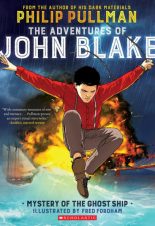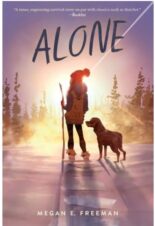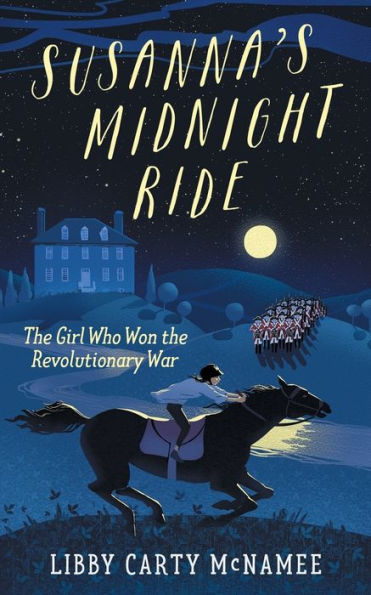
Buy This Book
“No matter how terrified I am, it’s time to stand on my own,” Susanna Bolling. –Susanna’s Midnight Ride
Susanna’s Midnight Ride
by Libby Carty McNamee
Diverse Characters, Strong Female
11+
Score
5.8
230
Sixteen-year-old Susanna Bolling is struggling to cope with the realities of the American Revolution. She, along with her mother, are the sole residents and operators of their tobacco plantation (and the slaves who work it). Following the death of Susanna’s father and her older brothers’ entry into the American army, Susanna and her mother rely on each other for emotional support and companionship.
Susanna and her mother act as each other’s rock as they are tasked with running a plantation and supporting themselves. Susanna eventually braves the dangers associated with espionage and courageously sneaks into the woods. Alone in the middle of the night, Susanne goes to warn the American Army and General Lafayette of British movements and plans. She braves miles of deep forest riddled with dangerous branches and rattlesnakes. She reaches the American camp and meets with the general but gets desperately lost on the way back home. Is there any way Susanna will be able to sneak back home unnoticed? Will she be captured by the British soldiers?
Susanna’s Midnight Ride is engaging because the reader is encouraged to relate to Susanna and put themselves in her shoes. The reader is left to wonder if they would have the strength to support their mother in a time of crisis or the courage to risk everything to do the right thing. The author characterizes Susanna in a likable and relatable way, so that the readers are empowered to believe that courageous acts are possible for anyone with dedication and loyalty. Susanna’s story shows that fear does not determine if someone is a hero or a coward. Susanna is absolutely terrified to go on her journey but is so determined to help the American cause that she goes into the night regardless.
Susanna’s Midnight Ride is based on historical fact, with a few embellishments, exclusions, and adjustments to make this story suitable for a younger audience. The characters and plot are well developed and highly relatable, and the short chapters will encourage reluctant readers. McNamee creates an engaging story; however, some sections will challenge growing readers. For example, some of the phrases used by General Lafayette are in French, and the reader must use context clues to fully understand his meaning.
The negative representation of slaves on the Bolling plantation may upset readers. An older slave shouts and berates a younger slave for desiring freedom and states, “If I got to be a slave and mu children got to be slaves, I want to be their slave!” This storyline ends as over time the younger slave returns to the Bolling Plantation happily, saying that, “I done made a big mistake leaving the plantation.”
Susanna’s experiences highlight the importance of determination and loyalty. McNamee utilizes a real person’s story to realistically illustrate these lessons. Susanna’s Midnight Ride is a suspenseful and highly engaging story that will encourage readers to learn more about history and be confident when making difficult choices.
Sexual Content
- Susanna’s cousin often speaks about handsome men and often whines about the “cluster of handsome lads” who she could marry “if it weren’t for this dreadful war.”
- Susanna describes a prospective suitor, Joseph, who was killed during the war. Susanna thinks, they would have had “lovely red-haired children.”
- Susanna once flirted with the British soldiers occupying her home and chides herself for “acting as coquettish” as her flirtatious cousin.
Violence
- Following the death of her son, Joseph’s mother describes her fear that he may have been “dumped into a mass grave” and that she had “nightmares of butchered boys piled in together and left to rot.”
- Susanna briefly describes the circumstances of the “tragic loss” of her older sister and baby niece. Her sister dies in childbirth “when a baby’s head is too large to pass, there is precious little even the best doctor can do.”
- A “terrible disease” killed Susanna’s younger sister and left “Mother disfigured with pock-marks all over her face.”
Drugs and Alcohol
- Susanna’s mother plots to distract the soldiers by “topping off their drinks again and doling out another round of shots.” She did this so that “they shall sleep like the dead tonight.”
Language
- Profanity is used sparingly. Profanity includes poppycock, bugger, arse, darn, rubbish, drat, bloody. Each word is used once or twice.
- The phrases “god awful” and “godforsaken” are used frequently, around 20 times in total.
- The following words are used as insults on rare occasions: maggot, ninny, tomboy, swine, no-good bum, loggerhead, locust, brute.
- The words “negro” and “negroes” are used at least once per chapter as characters describe enslaved people.
Supernatural/Spiritual Content.
- Religious references are almost constant, and are frequently positive or celebratory. For example, during the spinning bee, Susanna proclaims, “God is surely smiling down on his daughters of Liberty today.”
- McNamee also refers to the Grim Reaper a handful of times. For example, Susanna describes her family’s luck, “The Grim Reaper operates by a code of fairness, the ultimate fallacy. Death follows no rules at all.”
- There are also constant references to “souls” throughout the story. For example, an older man describes all of the “lost souls” resulting from the war.
by Meg Oshea
“No matter how terrified I am, it’s time to stand on my own,” Susanna Bolling. –Susanna’s Midnight Ride
Latest Reviews
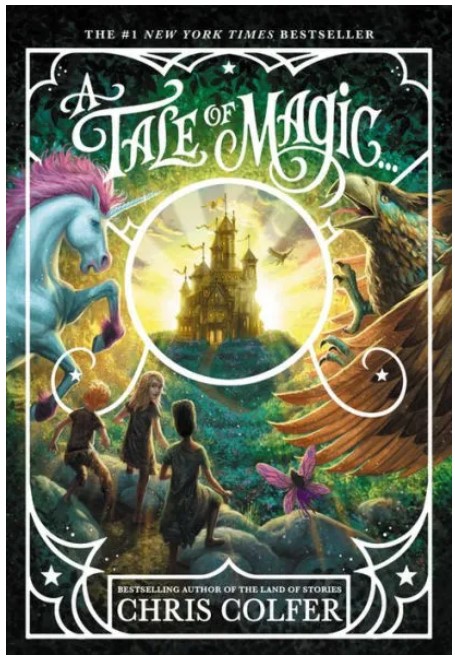
A Tale of Magic

The Immortal Fire

Grace Hopper: Queen of Computer Code

Girls Who Code: Learn to Code and Change the World

Alone

Friends Fur-Ever

Harry Houdini: A Magical Life

The Greedy Gremlin

Hoop Genius: How a Desperate Teacher and a Rowdy Gym Class Invented Basketball

